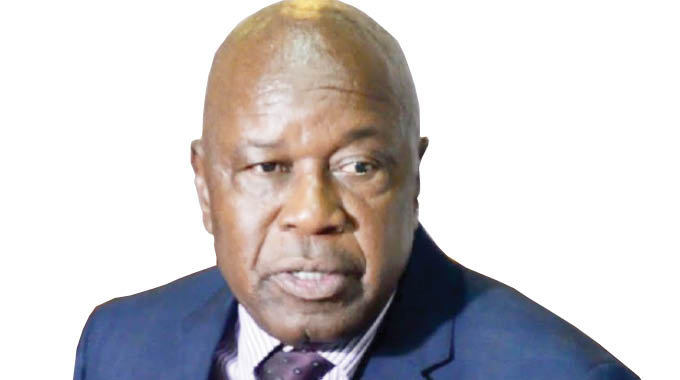US$2m solar project boosts rural education

Rumbidzayi Zinyuke in CHIPINGE
The Government and its partners have made strides to improve the quality of education for all children through the implementation of a solarisation project that seeks to power rural schools and give learners relevant, inclusive and sustainable education.
The project is being implemented by the Ministry of Primary and Secondary Education in partnership with Unicef and funded by the UK government’s Foreign, Commonwealth and Development Office through a US$2 million grant.
It seeks to provide solar energy to 150 schools in remote parts of six districts across the country and will serve as a backbone to the initiative to provide internet access to all schools by 2030.
Under the project, Ngaone Primary School in Chipinge received an 8kV solar system worth US$24 000 to power the school’s ICT lab, the administration blocks and teachers’ houses.
According to the school’s ICT teacher, Mr Alec Mupambwa, the provision of solar energy will allow learners to grasp the use of ICTs and improve their access to digital learning platforms once the school has internet connectivity.
“We were connected to the electricity grid but because of the frequent power outages, our learners never really had practical computer lessons since we focused more on theory,” he said.
“Now that we have reliable solar power, we hope to start increasing the amount of time they spend in the computer lab.”
Mr Mupambwa said although the school did not currently have internet connectivity, teachers were using their smartphones to download learning material which is then loaded into the computers for the learners to use.
Government last year launched the national e-learning strategy aimed at quickening the adoption of information communication technologies through connection of schools to the internet.
“Now that we have solar power, there is no reason for our children to be left behind in terms of ICT. We hope that if we can get more computers and extend our lab, we will go far,” Mr Mupambwa said.
Pupils at the school expressed gratitude for the solar project which would help them to enjoy more time in the computer lab.
Success Muyambo, a Grade 7, said power shortages had affected his knowledge of computers.
“We started doing computer studies when we were in Grade 3, but because there was no power most of the time we only had limited time in the computer lab. We hope to get more time doing the practical stuff so that we can get more exposure before we go to secondary school,” he said.
Lavina Ngweyarudza, who is doing Grade 4, said she enjoyed her time in the computer lab.
“My favourite subjects are English and computers and I now know how to switch it on and use it to type a document. I hope to continue learning more about computers but sometimes we only get to spend a short time in the lab because there are not enough computers for all of us,” she said.
Foreign, Commonwealth and Development Office education advisor Tanya Zebroff said the programme would improve the learning environment in the beneficiary schools.
“We have provided funds of over US$2 million to solarise 150 schools, like this one, that are located in the most rural, remote areas of Zimbabwe. We are excited that this work will be completed by March next year enabling teachers and students to have access to a reliable power source and connectivity where they had none in the past. This will definitely support improvement of learning in these rural schools,” she said.
Ministry of Primary and Secondary Education communications and advocacy director Mr Taungana Ndoro said the project to solarise rural schools was a step towards the fulfilment of the Government’s digital learning strategy.
“The solarisation project is a step in the right direction because now we have power which is uninterrupted. The next step is to have internet connectivity at the schools and then their e-learning becomes robust because they have the backbone through internet and electricity,” he said.











Comments